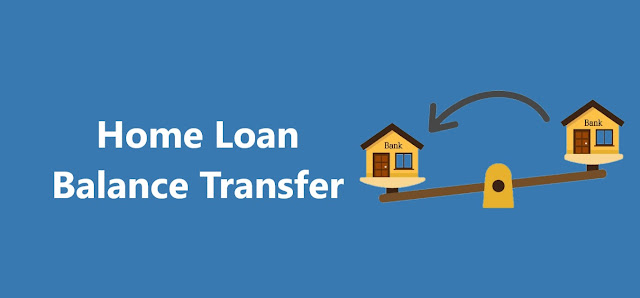Transferring home loan balance is an important decision that can lead to substantial savings on interest payments, but it also involves some risks and considerations. If you're considering a home loan balance transfer, there are several things you should know before making a decision.
First, it's important to understand what a home loan balance transfer is and how it works. Essentially, a balance transfer involves transferring your existing home loan from one lender to another, usually with the goal of getting a lower interest rate or better terms. This can be a good option if you're currently paying a high interest rate on your home loan, or if you want to switch from a floating interest rate to a fixed interest rate (or vice versa).
To transfer your home loan balance, you'll need to apply with a new lender and provide documentation such as your loan account statement, income proof, and property documents. The new lender will evaluate your creditworthiness and your property's valuation, and if approved, will pay off your existing loan and create a new loan with a lower interest rate or better terms. You'll then start making payments to the new lender.
One of the main benefits of a home loan balance transfer is that it can significantly reduce your interest payments over the long term. For example, if you have a 25-year home loan with a balance of Rs 50 lakhs and an interest rate of 10%, you could save around Rs 10 lakhs in interest by transferring to a lower rate of 8%. This can also help you pay off your home loan faster and reduce your overall debt burden.
However, there are some risks and considerations to keep in mind when transferring home loan balance. First, you may be charged processing fees and other fees by the new lender, which can offset some of the potential savings. Additionally, the new lender may require you to take out additional insurance policies or collateral to secure the loan, which can also add to the cost.
Another potential risk is that the new lender may have stricter eligibility criteria or may not offer the same customer service or benefits as your current lender. It's important to do your research and choose a new lender that is reputable and offers competitive rates and terms.
To determine whether a home loan balance transfer is the right choice for you, it's important to consider your overall financial situation and goals. If you're struggling to meet your current mortgage payments or want to reduce your overall debt burden, a balance transfer may be a good option. However, if you're nearing the end of your home loan term or are happy with your current lender, it may not be worth the hassle.
Overall, transferring home loan balance can be a smart financial decision if done correctly and with careful consideration. By doing your research and choosing a reputable lender, you can save money on interest payments and achieve greater financial stability in the long term. To learn more about home loan balance transfers, consult with your lender or visit HDFC Bank's Learning Centre.











No comments:
Post a Comment